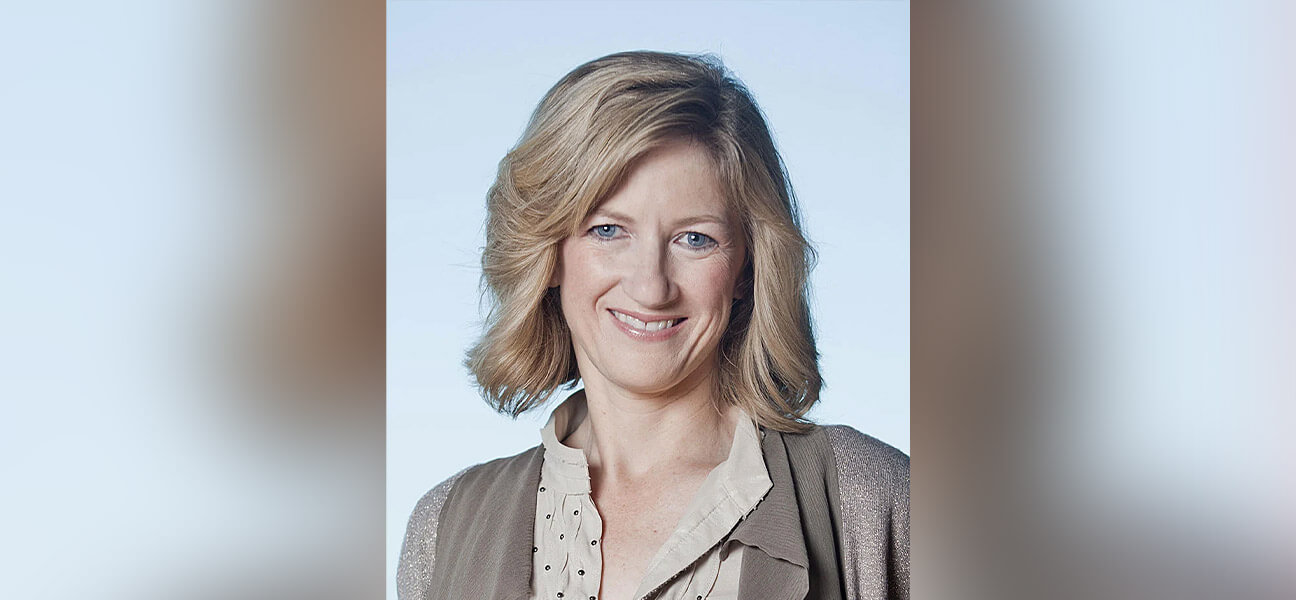By Katherine Grass, CEO, Optii
As global hotel occupancy numbers start to rise and the sector continues to show strong signs of recovery, hoteliers we work with are reviewing lessons learned in the pandemic. Some adjustments were made to survive the turmoil of the last two years and will be quickly undone, but some will be adopted for the long term as they have provided a new way of doing things that hoteliers can see will benefit the way they operate.
Reassessing target markets and positioning
The pandemic has caused many hoteliers to rethink how they do business and what market they will serve. “In 2020, after Nemacolin reopened from the pandemic closure, the resort’s leadership made the decision to move in the direction of other luxury resorts around the world, focusing on providing services and experiences exclusively to overnight guests and members,” said Candace Hassinger, director of continuous improvement, Nemacolin. “With this change and shifted focus, we’ve seen overwhelmingly positive feedback from our group guests, members and overnight guests who are enjoying everything Nemacolin has to offer, including golf, art and activities, shopping, dining, spa and wellness, concerts and events. In addition to an increase in guest satisfaction, we’ve seen record revenue numbers while maintaining our employment numbers from season to season. The changes have been a benefit to Nemacolin guests, to the resort, and to hospitality and tourism in the region.”
For many, the key post-pandemic will be making sure that marketing and positioning is consistent with the new offer if pivots have occurred.
Reaping benefits of a new technological approach
New technology has been introduced that has played a huge part in a hotel’s ability to operate during the pandemic. For example, hoteliers have often introduced as much contactless technology as possible to meet the evolving needs of guests. This technology ‘fast-forward,’ that has been widely acknowledged across nearly every sector of hospitality, has brought with it some unexpected benefits as Lloyd Green, head of operational effectiveness, Staycity, has observed. “Most of StayCity’s operations have moved online since the pandemic,” he said. “Now, guests are encouraged to check-in online, as well as to order and pay for food and drink online. This has enabled the group to foster better relationships with guests since no processes or transactions are necessary at check-in, and our staff are now free and able to have genuine conversations with guests as they arrive.”
Operations have also been under close scrutiny. Housekeeping services are historically highly likely to be run manually with a pen and paper in many hotels. But running housekeeping operations are also fundamentally more complicated now with the change in cleaning protocols and surges in occupancy, and different solutions are needed to guarantee efficiency and compliance. Hoteliers are realizing that technology plays a huge role in being able to schedule labor and give management teams the tools to better understand how their scheduling ultimately impacts operations. Delivering technology to housekeeping and operations teams that allows them to work smarter, communicate better and work to realistic targets makes a significant impact not only to the bottom line but also to the morale of the teams.
Staff shortages, however, remain a huge challenge within hospitality. As Austin Segal, VP, Curator Hotel & Resort Collection, observes, “Staff retention is right at the heart of our 2022 strategy, and we want to use technology as smartly as we can to realize as much efficiency and support for our staff as possible. Alongside this, we want to make sure our staff don’t get shortchanged because of pandemic quirks—one of which has been people stopping using and carrying cash. We realized that tipping had dropped off significantly so we are in the process of adopting technology that will allow guests to tip our staff digitally.”
It is initiatives like this that will help hoteliers to show their staff that their needs and interests matter and are being invested in.
Time for a reboot
Whilst the market remains incredibly challenging in some respects, it also provided an extraordinary circuit breaker for some and a chance to pause and reflect on strategies. ”The pandemic gave me cause and time to look at every aspect of the hotel’s operation in detail, which may not have happened otherwise and certainly wouldn’t have been done as quickly,” said Green. “There is great value in being able to ask questions such as, ‘Are we doing things in the right way? Can we do things more efficiently? Can we do things in a cleverer way? I believe we transformed the way we run our operations through our reflections.”
Not all changes made in the pandemic will remain, but there is no doubt that the creativity and ingenuity applied by many will provide the fresh thinking and reboot needed for hoteliers to realize interesting and profitable new pathways in the future.
Katherine Grass is CEO of Optii.
This is a contributed piece to Hotel Business, authored by an industry professional. The thoughts expressed are the perspective of the bylined individual.
